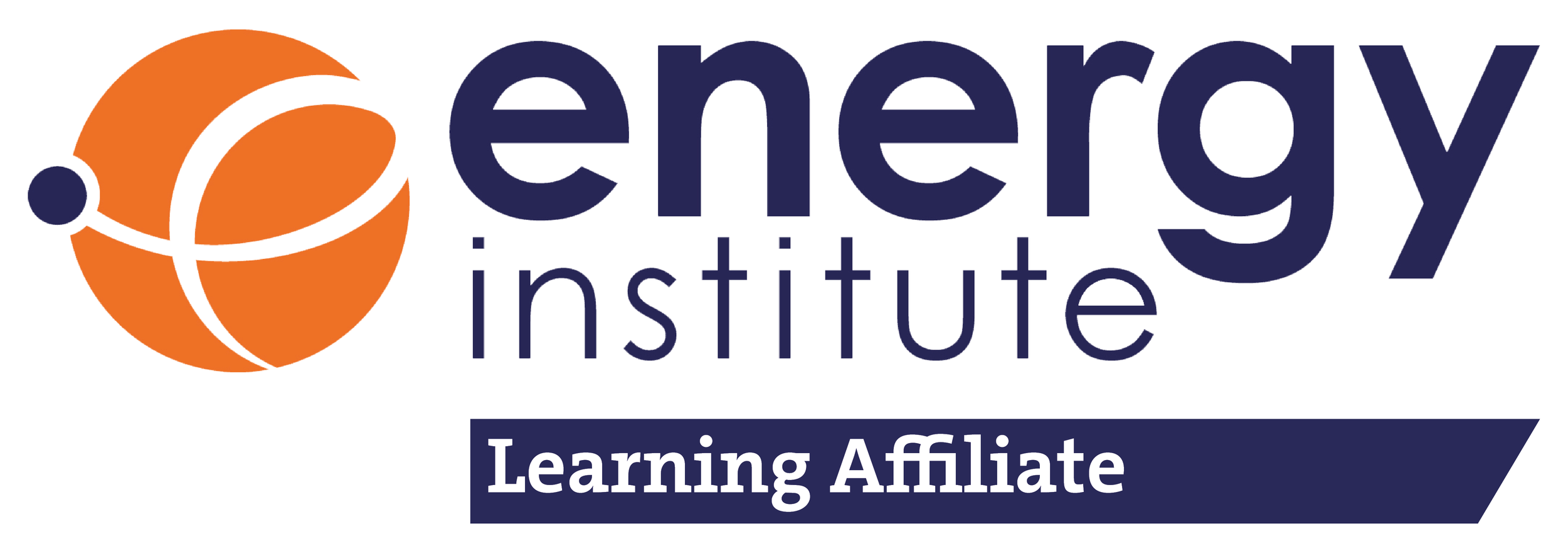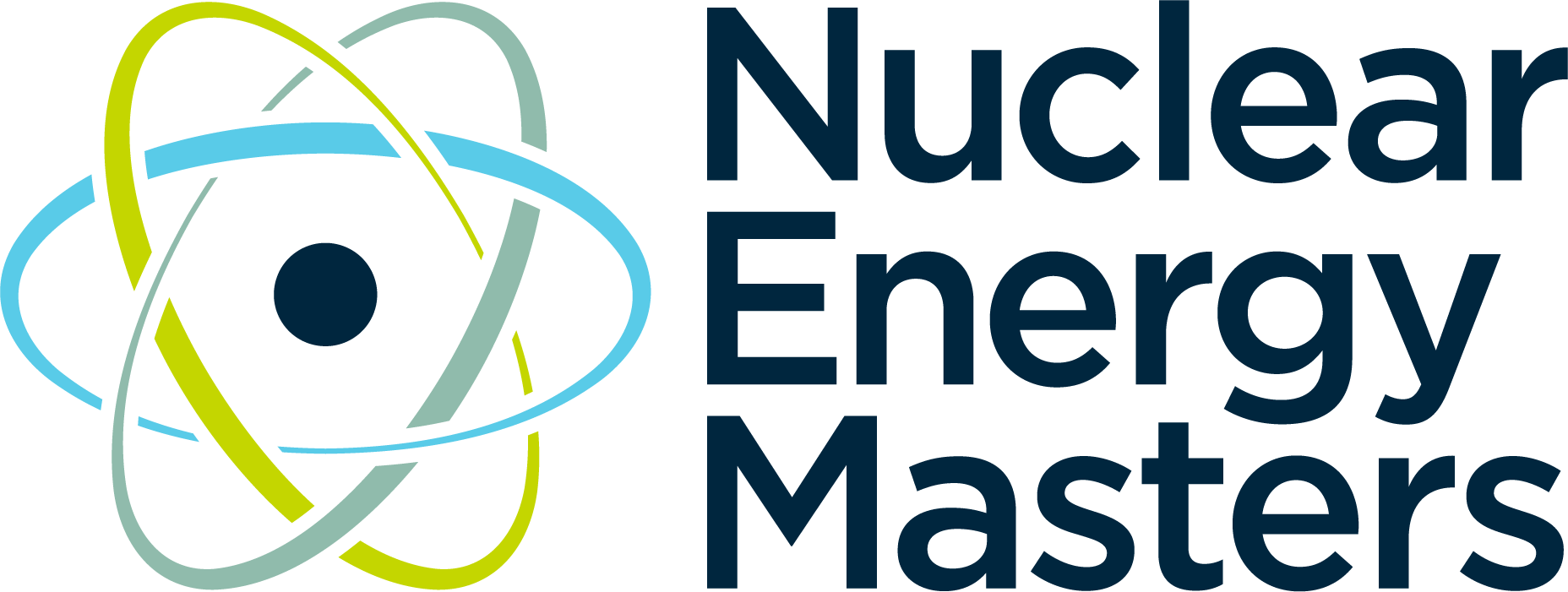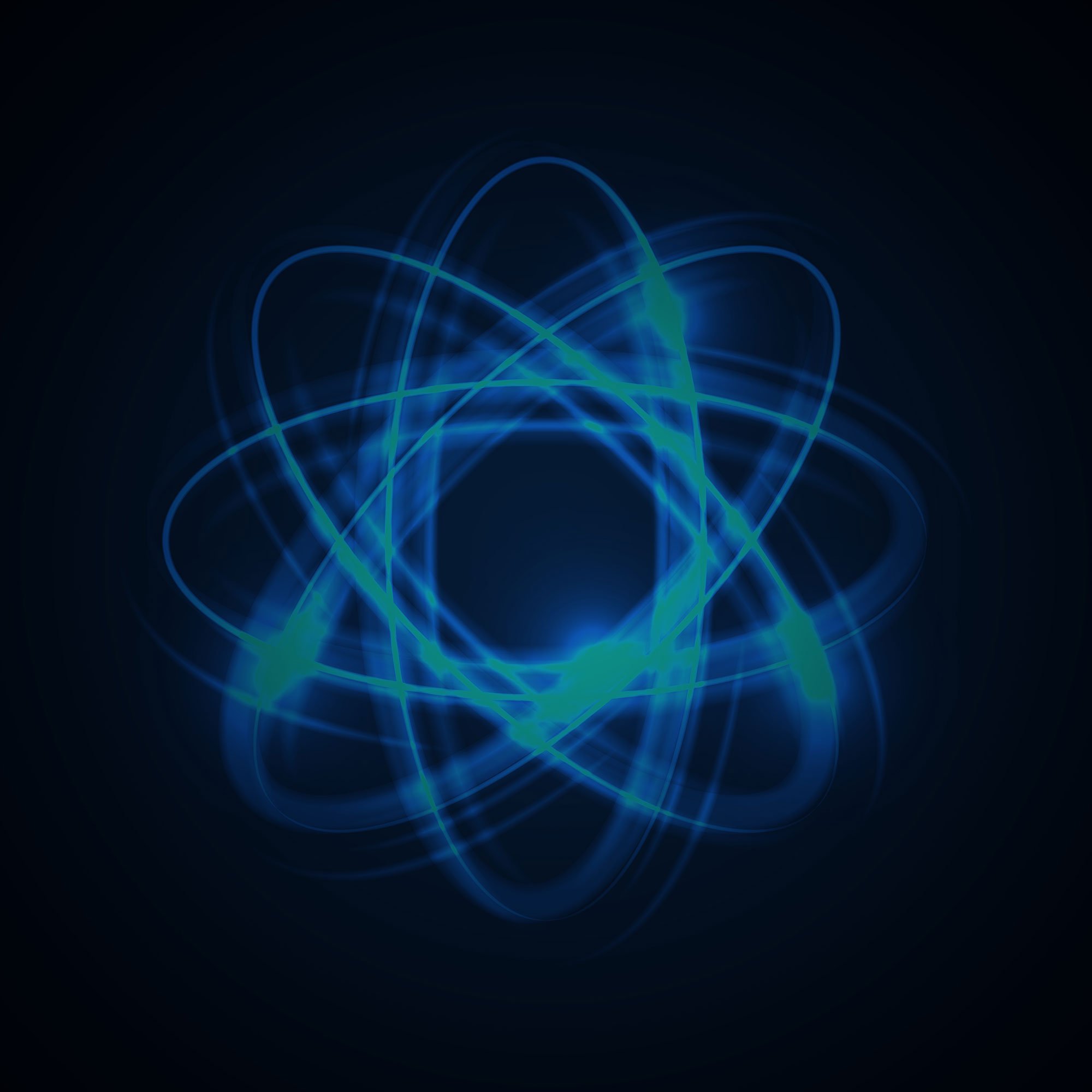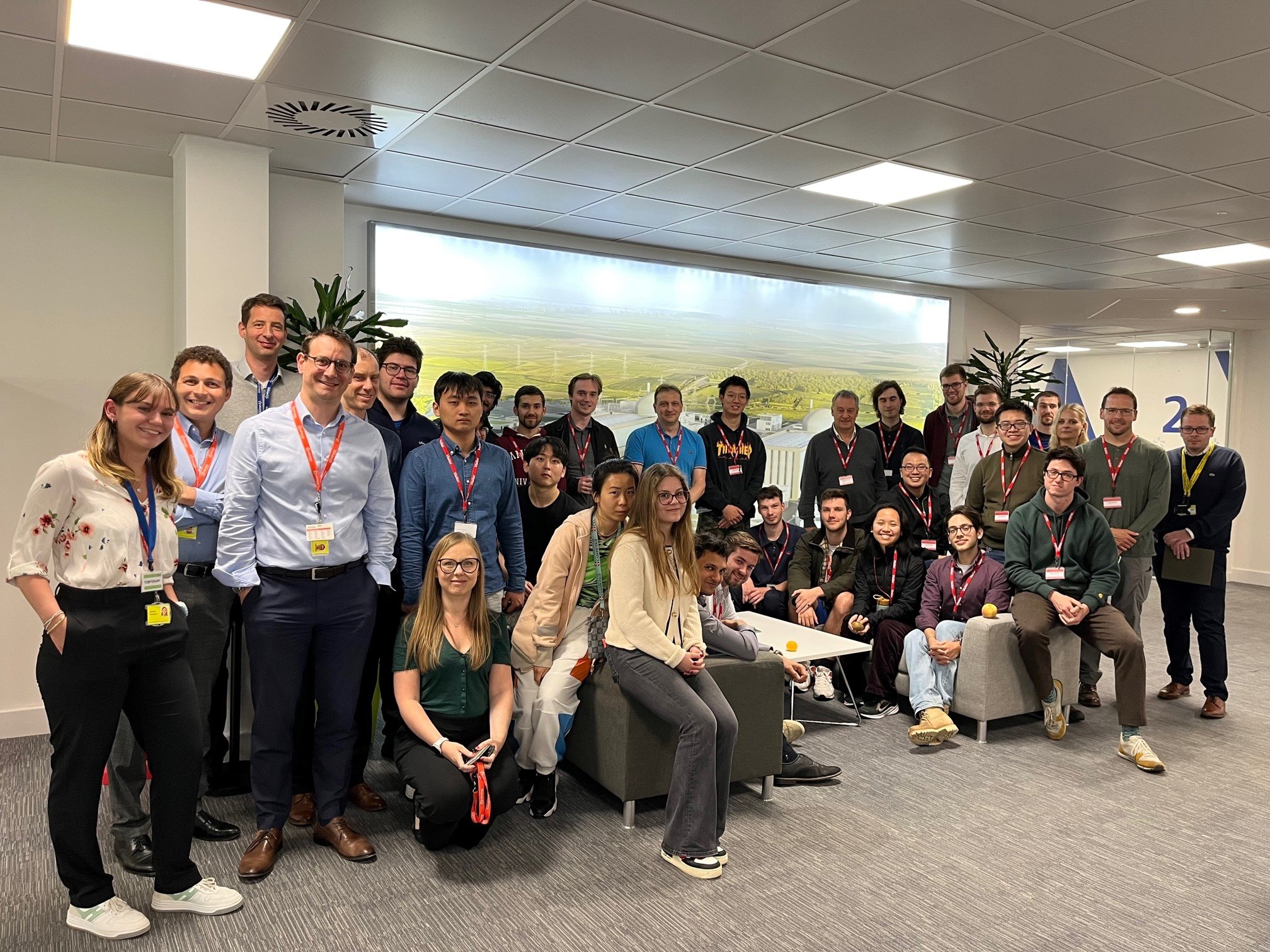Nuclear Energy Masters Course
The demands of Net Zero and energy security have spurred significant interest and investment in nuclear energy. One of the greatest challenges to realising a nuclear future is a shortage of people trained in nuclear technology. To help address this skills gap, the University of Cambridge founded a one year, full-time postgraduate master’s course in nuclear energy, the Nuclear Energy MPhil.
The course has nuclear technology at its core but recognises the importance of understanding wider policy issues. It also features a flexible curriculum that allows students to tailor their education to their personal interests. Whatever path you wish to follow, our tailor-made teaching combined with our academic and industrial network makes our course the perfect stepping-stone into the world of nuclear technology.
MPhil cohort 2023-24
If you have a good 2.1 in engineering, physics or other science subject and are interested in clean and abundant energy, consider applying. Several funding opportunities are available.
If you have any questions, contact nuclear-mphil-enquiries@eng.cam.ac.uk today.
The MPhil in Nuclear Energy is an Energy Institute accredited course.
The Nuclear Industry Club - Read more about the Nuclear Industry Club and Members
A premium masters-level degree course in Nuclear Energy
The course will be taught by staff from the Department of Engineering, the School of Physical Sciences and the Judge Business School. These will be supplemented by leading practitioners each with experience of industry and national laboratories including Rolls-Royce, UKAEA, AWE and NDA, providing specialist knowledge and to give context for the science, technology and business teaching of academic staff.
It will provide:
knowledge and understanding of nuclear technology
intellectual skills to engage with the issues that the development and deployment of nuclear energy poses
transferable skills to work and progress in teams within and across the nuclear sector
a wide choice of taught modules: this includes nine core technology modules and many modules provided by the Department of Engineering, the School of Physical Sciences and the Judge Business School
Course structure
The course is 11 months, running from October to August each academic year, with students taking the equivalent of ten standard (16 lectures each) taught modules plus a long research project and dissertation.
Students are required to take a majority (equivalent to at least five standard modules) of the core nuclear energy material. The remaining five modules can be any combination of nuclear and non-nuclear electives.
Teaching is through lectures, seminars, examples classes, distinguished lectures, and dissertation supervision. Assessment is through written exam papers taken early in the Easter Term with a 15,000 work marked dissertation on a research topic which is to be completed by the end of August.
Research topics vary. These have included reactor design, numerical methods, developing new simulation tools, materials characterisation, and questions of history and policy.
Nuclear modules
The modules below are developed specifically for the Nuclear Energy course.
-
Taught by Professor Geoff Parks.
An introduction to core concepts in reactor physics: nuclear physics, fission, criticality. Considers reactor dynamics, neutron diffusion, thermal feedback and burn-up.
The module is mandatory and 100% exam.
-
Taught by Professor Eugene Shwageraus and Dr Alex White.
Covers the engineering and design of nuclear reactors. Focuses on economics, applied reactor physics, thermal-hydraulics, and engineering safety. Makes use of and expands on concepts introduced in NE1, NE3, and NE5 with the addition of thermodynamic considerations to justify reactor design choices.
The module is mandatory and 50% coursework/50% exam.
-
Taught by Dr Miles Stopher.
Fuel and reactor materials – including selection, safety and life issues – radiation behaviour and damage, structural integrity and fracture mechanics, EAC.
The module is elective and 100% exam.
-
Taught by Professor Ian Farnan and R Skelton.
Covers the whole nuclear fuel cycle: mining to waste and how waste is managed, decommissioning principles.
The module is elective and 100% exam.
-
Taught by Dr Nathaniel Read.
This module will provide an understanding and an ability to recognise key design and safety issues and how they might be addressed, including the principles and practices of reactor safety as it affects design, operation and justification of modern reactors.
The module is mandatory and 100% coursework.
-
Taught by Professor Bill Nuttall.
Energy studies and climate change, economics of energy, nuclear politics, proliferation and physical security.
The module is mandatory and 100% coursework.
-
During the MPhil, speakers from the international UK industry are invited to give their perspectives on topics ranging from the financing of nuclear, innovation in the industry, and nuclear’s role in delivering energy security and Net Zero. Students will attend these lectures during Lent term and be asked to reflect on the state of the nuclear industry.
The module is mandatory and 100% coursework.
-
Taught by Dr Paul Cosgrove.
Covers theoretical and practical aspects of simulating nuclear reactors. Introduces the neutron transport equation, nuclear reactor modelling as an eigenvalue problem, deterministic methods, Monte Carlo methods, and the neutron transport codes WIMS and Serpent.
The module is elective and 100% coursework.
-
Taught by Dr Nathaniel Read.
This module will provide an understanding of advanced reactor systems, why they are being pursued, their advantages and their difficulties in proceeding to become commercially viable designs.
Additionally, an introduction to the main ideas behind nuclear fusion for energy, focusing on the basic ideas and concepts and the practical issues of bringing fusion to market, will be provided.
The module is elective and 100% coursework.
MPhil visits
As part of the course, we offer a number of visits within the UK and overseas. We have enjoyed visits to Westinghouse Springfields, Sizewell B, Culham Centre for Fusion Energy, Hinkley Point C, and Nuclear Medicine Department at Addenbrooke’s Hospital.
FAQs
-
The course is for students who have a good II.1 Honours Degree in Engineering or related science subjects, such as Physics, Chemistry, or Materials Science and who wish to gain the knowledge and skills to build a career in the nuclear and energy sectors.
While the prime focus is to equip students for roles in industry, academically inclined students on the course can focus towards research in preparation for a PhD in nuclear energy.
Past and current students come from many different countries, including UK, Bangladesh, Canada, China, France, Italy, Malaysia, Nigeria, South Africa, and US.
-
Applications are submitted through the Postgraduate Admissions website. This remains open until the end of June each year. However, if you are applying for a scholarship, it is recommended that you apply early.
Following interview and consideration, a recommendation to the Board of Graduate Studies is made that you are offered a place on the MPhil in Nuclear Energy.
The formal offer will be made by the Postgraduate Admissions Office specifying the requirements that must be met to turn the condition offer into a final offer. Typically these involve:
Meeting academic criteria - a degree classification, percentage mark, or GPA.
Demonstrating how you will meet the fees and costs of the programme.
For overseas and EU students who have not been taught wholly in English at least for the last three years - the English Language Test Score to be achieved.
For non-EU students, you will need to apply for an ATAS certificate to obtain your study visa - even though the ATAS site says that taught masters do not require ATAS, the research project element means that an ATAS certificate will be needed to apply for your visa.
In addition, the Graduate Admissions Office will find you a Cambridge College, either your original choice or another.
In August or September, information will be provided about the course, including some initial reading lists. Additionally, your College and the Department of Engineering will provide joining instructions so that you are settled into the College before term started and you know what to do to register for the course at the Department of Engineering.
Therefore the process is in four phases:
You receive a conditional offer;
When you have satisfied the conditions you will receive an unconditional offer;
If non-EU apply for ATAS certificate and then a study visa;
Joining information.
If you are having difficulties with the process at any stage, please contact us and we will try to help, remembering that it is the Postgraduate Admissions Office that has to be satisfied of your eligibility, etc.
-
There is a range of funding opportunities usually through competitive scholarships and bursaries, for postgraduate students. These are described on the Graduate Admissions website. In addition, there are some scholarships (worth up to £7,000 each) specifically for Nuclear Energy candidates from the UK. Applications for this can be indicated in the 'Additional Information to Support Application' section of the online graduate application form.
Alumni stories
Marion Wales
As I became aware of the vital role of energy, I quickly got convinced that nuclear energy could bring invaluable benefits to our societies while solving many pressing issues. I also had a strong motivation to discover the UK, and studying in Cambridge to develop an in-depth understanding of nuclear power made perfect sense. Hence the MPhil in Nuclear Energy, which appealed to me with the wide range of disciplines it covered. And I wasn’t disappointed!
Today, I am working at TotalEnergies, where I learn about other energies and the global energy scene, and I can’t be grateful enough for the insights acquired during my time in Cambridge: an international perspective and solid fundamentals provided by the lessons of nuclear power.
Simon Billiet
As an outward-looking young engineer with a clear ambition to tackle climate change, I wanted to learn in an international environment on a topic that I believed will play a big role in the clean energy transition – nuclear energy. The MPhil in Nuclear Energy at the University of Cambridge covered everything on that checklist.
After graduating I started working as a research project leader at the Belgian Nuclear Research Centre, collaborating in nuclear fuels research and irradiation experiments. I am grateful to the MPhil as it was the ideal preparation.
Follow us on social media
Twitter - @nuclearenergycu
Facebook - facebook.com/nuclearenergymphil
Linked In - linkedin.com/company/nuclear-energy-cambridge
